AI is becoming an integral part of how companies innovate and enhance user experiences. Leading brands like Apple, Tesla, and others are leveraging artificial intelligence in creative and unexpected ways, revolutionizing industries and changing the way consumers interact with products. Here’s a look at how these companies are using AI in surprising ways.
Apple’s Personalized Siri Experience
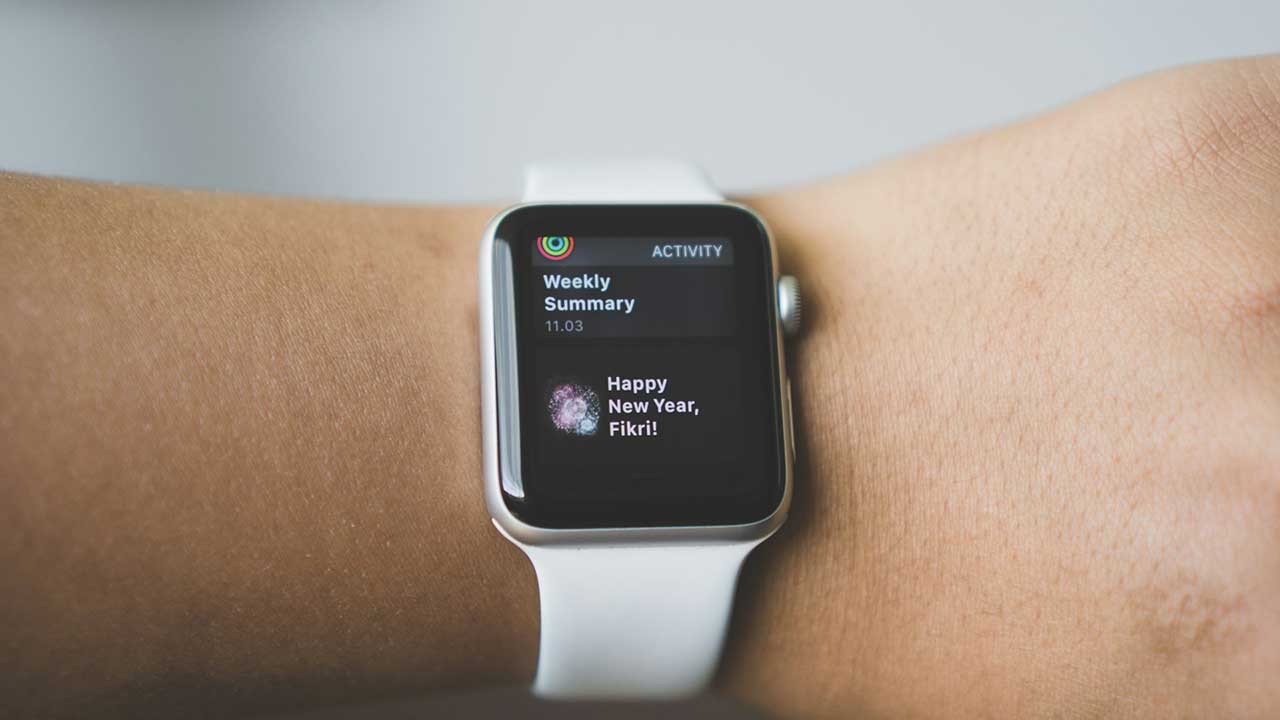
Apple’s Siri has evolved with AI and machine learning, allowing it to understand user preferences and speech patterns more effectively. Over time, Siri learns to anticipate your needs, from providing proactive reminders to adjusting responses based on your daily routines, making it a more personalized and intuitive assistant.
Tesla’s Autopilot and Full Self-Driving (FSD)

Tesla’s AI-powered Autopilot system is one of the most advanced in the world. It uses a network of cameras and sensors to collect real-time data, enabling Tesla vehicles to navigate roads, avoid obstacles, and perform complex maneuvers autonomously. This system learns from each drive, continuously improving over time to offer safer driving experiences. (Source: Tesla)
Amazon’s AI-Driven Recommendations
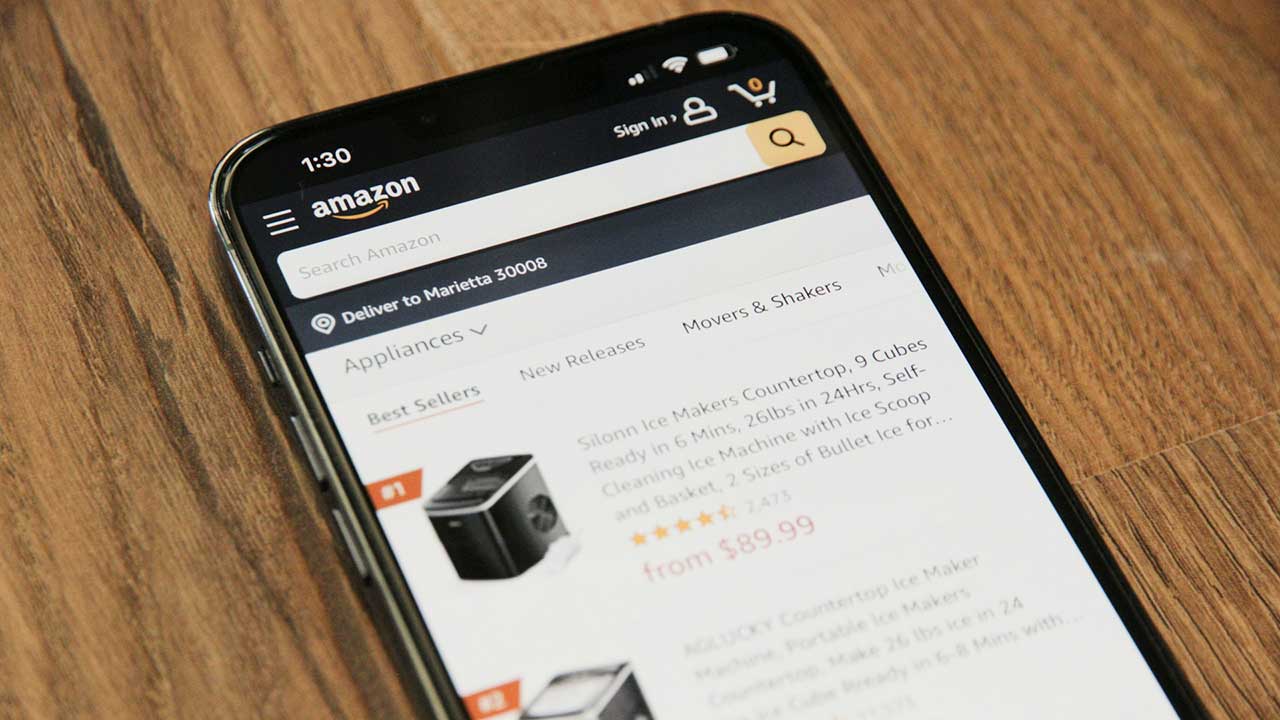
Amazon’s recommendation engine is powered by AI, analyzing your purchase history, search behavior, and customer reviews to suggest products tailored to your preferences. This sophisticated algorithm doesn’t just recommend popular products—it learns your tastes and predicts what you’ll want next, significantly improving your shopping experience. (Source: About Amazon)
Starbucks’ AI for Personalized Coffee Recommendations
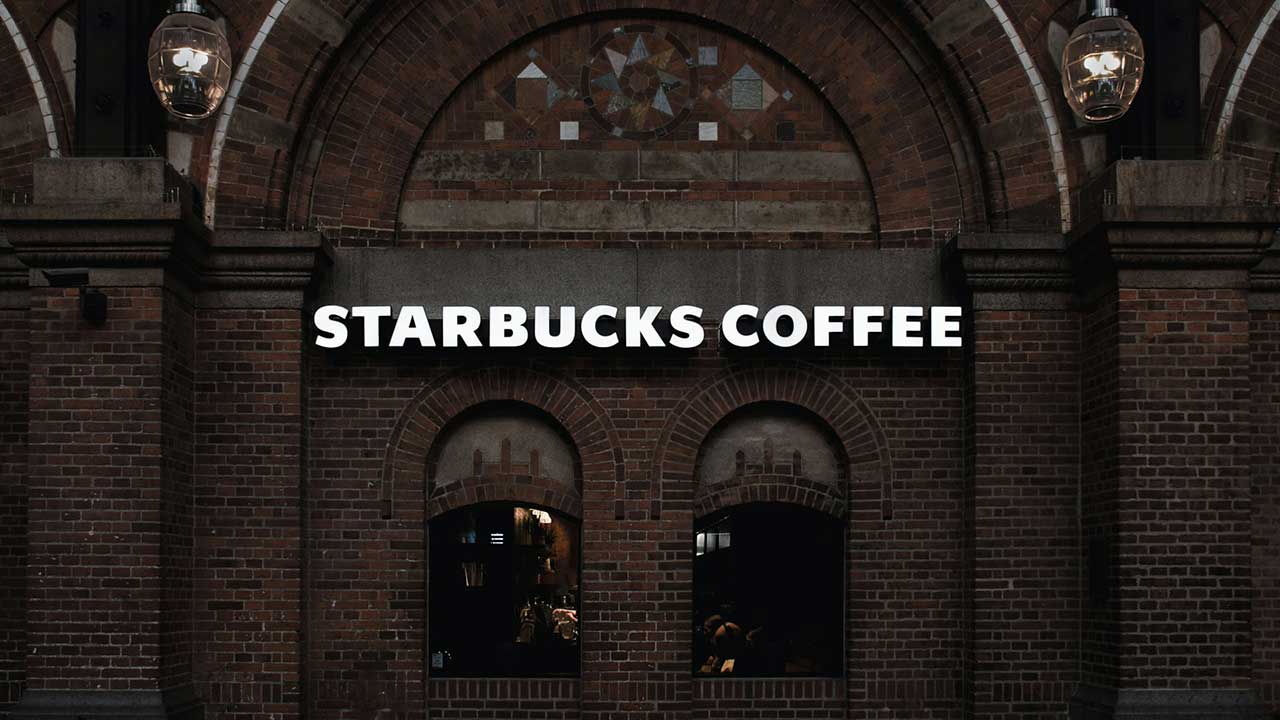
Starbucks uses AI through its “Deep Brew” system to enhance customer service and personalize the coffee-buying experience. By analyzing customer preferences, order history, and even time of day, Deep Brew helps recommend personalized drinks or promotions, making each visit feel unique and tailored to the individual customer. (Source: Hyperight)
Apple’s AI-Powered Camera Enhancements
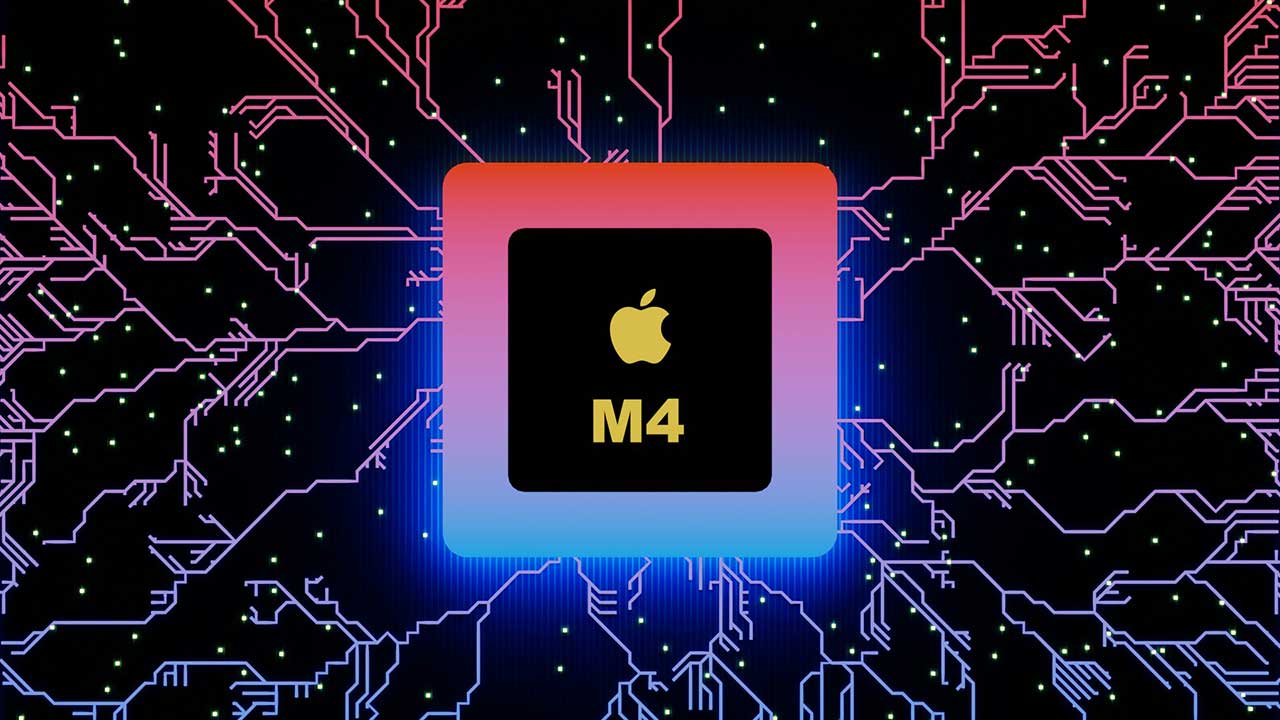
Apple’s iPhones feature AI-driven camera software that enhances photo quality in real-time. Machine learning algorithms automatically adjust settings like exposure and white balance to improve the picture, while advanced features like Portrait Mode and Night Mode use AI to create professional-level photos with minimal effort. (Source: Apple Support)
Tesla’s AI for Energy Optimization
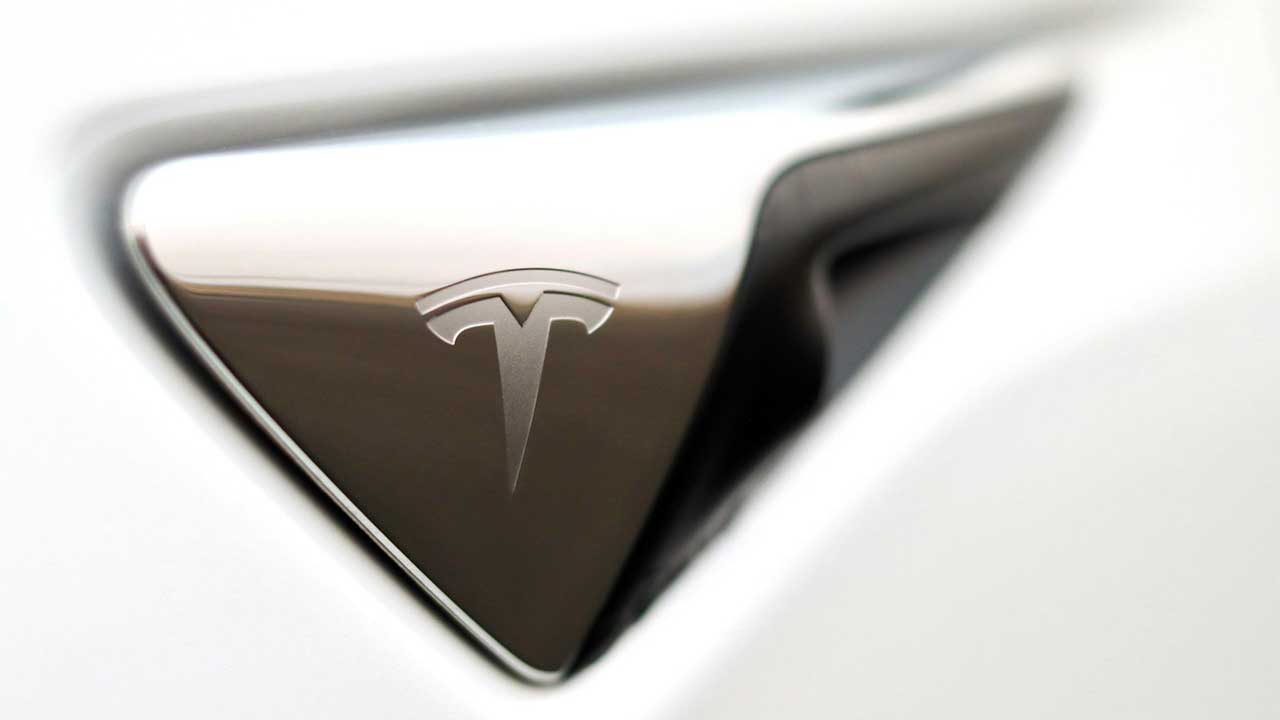
Tesla also uses AI in its energy products, like the Powerwall and solar panels. The AI system learns a household’s energy usage patterns and optimizes when to store or release energy to maximize efficiency. By anticipating energy needs based on weather and electricity rates, Tesla’s AI helps users reduce energy costs and increase sustainability. (Source: Tesla)
Netflix’s Content Recommendation Engine

Netflix’s success is largely due to its AI-powered recommendation engine, which analyzes viewing patterns to suggest movies and TV shows you’re most likely to enjoy. By processing millions of data points on user behavior, Netflix’s AI delivers a highly personalized experience, increasing engagement and time spent on the platform. (Source: Netflix Help Center)
Nike’s AI-Powered Customization
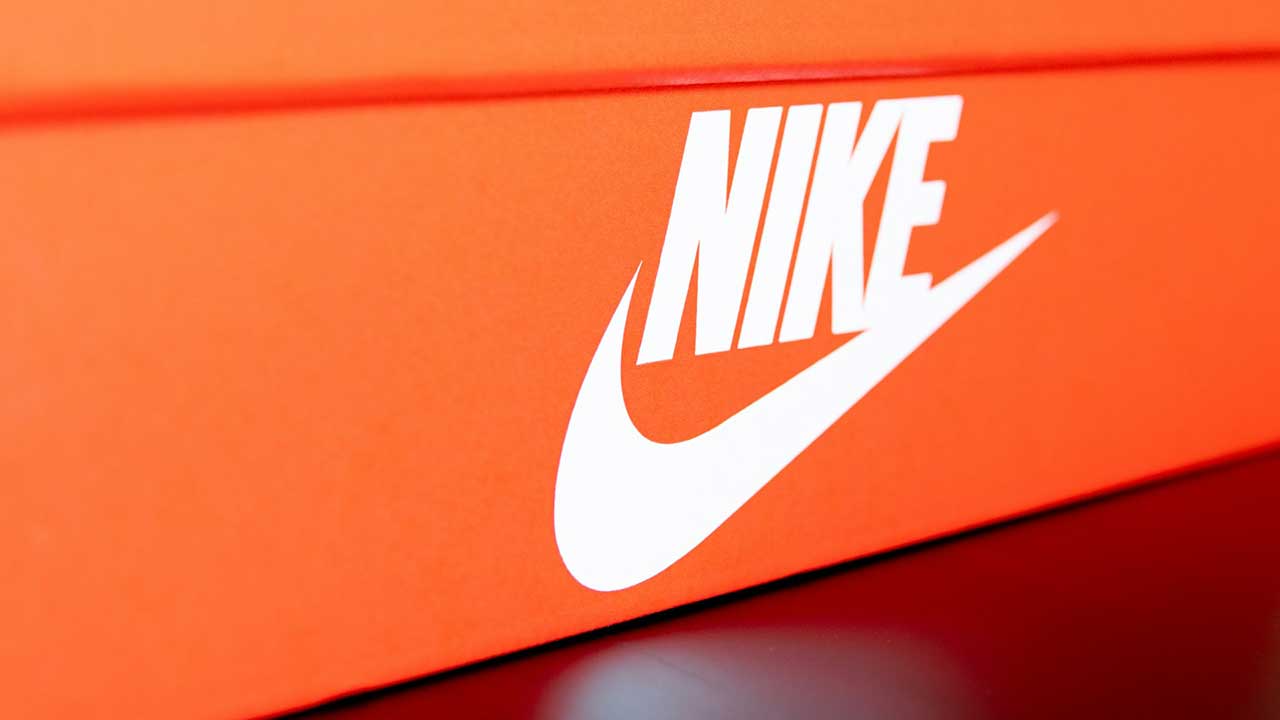
Nike uses AI to offer personalized shopping experiences through its app and website. AI tools help recommend shoes and gear
Microsoft has integrated AI across its suite of productivity tools, including Word, Excel, and Outlook, enhancing user experience and efficiency. Features like “Copilot” in Microsoft 365 use AI to help users manage time, analyze data, and make smarter decisions, significantly boosting productivity. (Source: Microsoft)
BMW’s AI for Manufacturing Efficiency
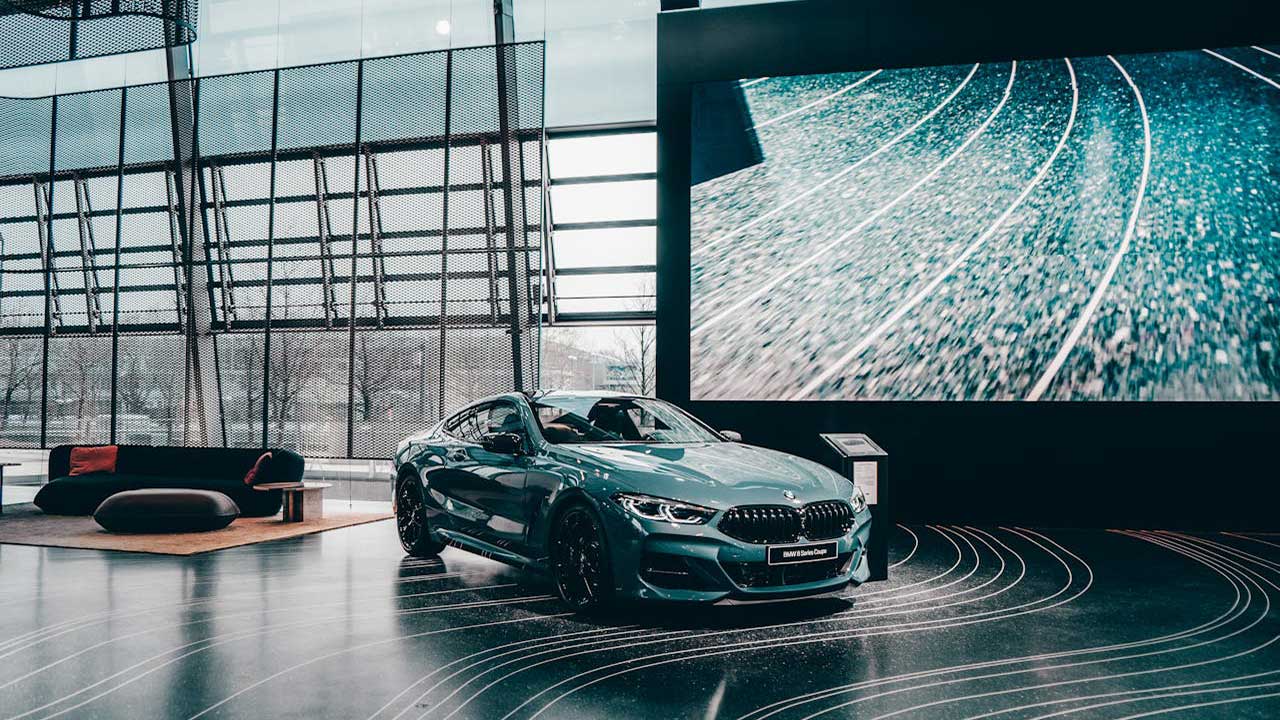
BMW employs AI in its manufacturing plants to streamline production. Using machine learning and computer vision, AI-powered robots assist with assembly tasks, improving speed and precision while reducing human error. This integration not only enhances production efficiency but also allows for greater customization of vehicles, meeting customer demands more effectively. (Source: BMW Group)
AI is transforming industries in ways that were once unimaginable, and companies like Apple, Tesla, Amazon, and others are at the forefront of this revolution. From personalized shopping experiences to self-driving cars and smarter manufacturing processes, AI is reshaping how we interact with technology and making everyday tasks easier, more efficient, and more enjoyable. These advancements are just the beginning, and as AI continues to evolve, we can expect even more innovative applications in the near future.